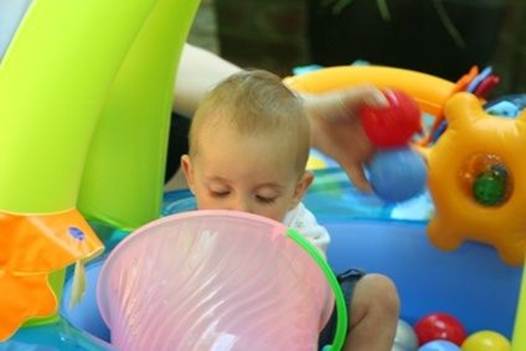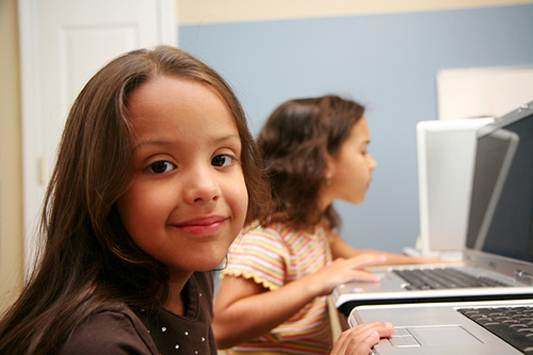It is time to set a privacy policy you both
can live with as your kid needs some space now.

Remember when your child was eager to share
everything with you, from her deepest fears and greatest delights? Up until a
year ago, that’s just how it was with Amy Stewart Wright, of North Carolina,
US, and her daughter Dezi, now 8. But around Dezi’s seventh birthday, hermother
noticed some tricking changes. “She started keeping a diary, which she’d hide
away as soon as I entered the room,” Wright recalls. “And she’d get annoved
with me for looking over her shoulder when she was on the Internet.” Like many parents
of kids this age, Wright was stung by the unexpected change. It turns out,
though, that Dezi’s behavior is normal. “Peers become more important to kids
during this time, and one of the changed that goes along with that is a desire
for privacy – in the bathroom, while dressing, with diaries, and so on,” says
Dr. Allison Kawa, a child and adolescent psychologist in Los Angeles, US. It’s
hard not to take this new phase personally, but the challenge for you then is
to let your kid have some time by herself while continuing to keep her safe.
Allow privacy zones

“It’s essential for kids this age to have a
space where they can be completely by themselves, can sing out loud and not be
heard, perfect their dance moves, or look in the mirror without someone peering
over their shoulder,” points out Dr. Elizabeth Goodenough, Editor of Serect
Spaces of Childhood. One way to do that is to grant your child some time alone
in his room. “Respect his privacy by knocking and then allowing a reasonable
amount of time before entering the room,” advises Boston, US, peadiatrician
Dr.Thomas Seman. “But also let him know he can’t lock the door in case there’s
an emergency or anything serious.”
If other kids are over, it makes sense to
leave the door open for at least part of the time, since kids in a group are
more likely to try inappropriate things, like playing baseball indoors, or
making a mess with art supplies, than they would if they were alone. With your
child’s input, you can designate other areas of your home as privacy zones: a
backyard playhouse, for instance. And if your child shares a bedroom, allow him
a certain amount of alone time there each week (a privilege you can offer each
child in the room after the age of 7 or so).
Establish limits

Don’t
let her go online without adult supervision
Whenever safety is an issue, your child’s
need for privacy has to take a backseat – especially when the Internet is
involved. Don’t let her go online without adult supervision (easier to do when
the computer stays in a well-trafficked area like the kitchen or family room),
and consider installing kid safe Internet-browsing software, such as the Epic
Browser, which allows you to filter certain URLs, and allows her to visit
others – her favourite gaming sites, for instance. Kids this age are likely to
be curious about non-gaming activities like chat rooms. Help her understand
that you’re not restricting her Internet access to be controlling, but to keep
her safe. “You can explain that being online is like hanging out with people in
fancy costumers. You can never be sure whom you’re talking to unless you know
them in real life, and sometimes adults with bad intentions try to trick people
by pretending to be a kid,” says Dr. Kawa.
Discuss it
Talk often with your child, but don’t expect
– or demand – that he tell you everything. It’s normal for him to want to keep
a part of his day, and his thoughts, private. Of course, if you’re worried that
he’s being silent about something critical – if he seems anxious or out of
sorts but insists that all is fine – Dr. Kawa advises asking gentle, open-ended
questions. Say “It looks like you might have had a bad day; what’s going on?”
Overall, it’s important to be a good listener, and to keep in touch with
teachers who can offer information.
Respect modesty
At 7 or 8, many kids take offence at the
idea of anyone seeing them naked. Resist the urge to say “But I’ve seen you
undressed since you were a baby!” – and honour her need for privacy. If you’re
uneasy with her being alone in the shower behind a closed door, leave the door
ajar; if necessary, you can sit outside the bathroom and chat. You may think
it’s silly for your child not to let you see her body, but keep in mind that
she’s starting to think of it as hers alone, which is a natural progression
towards becoming independent